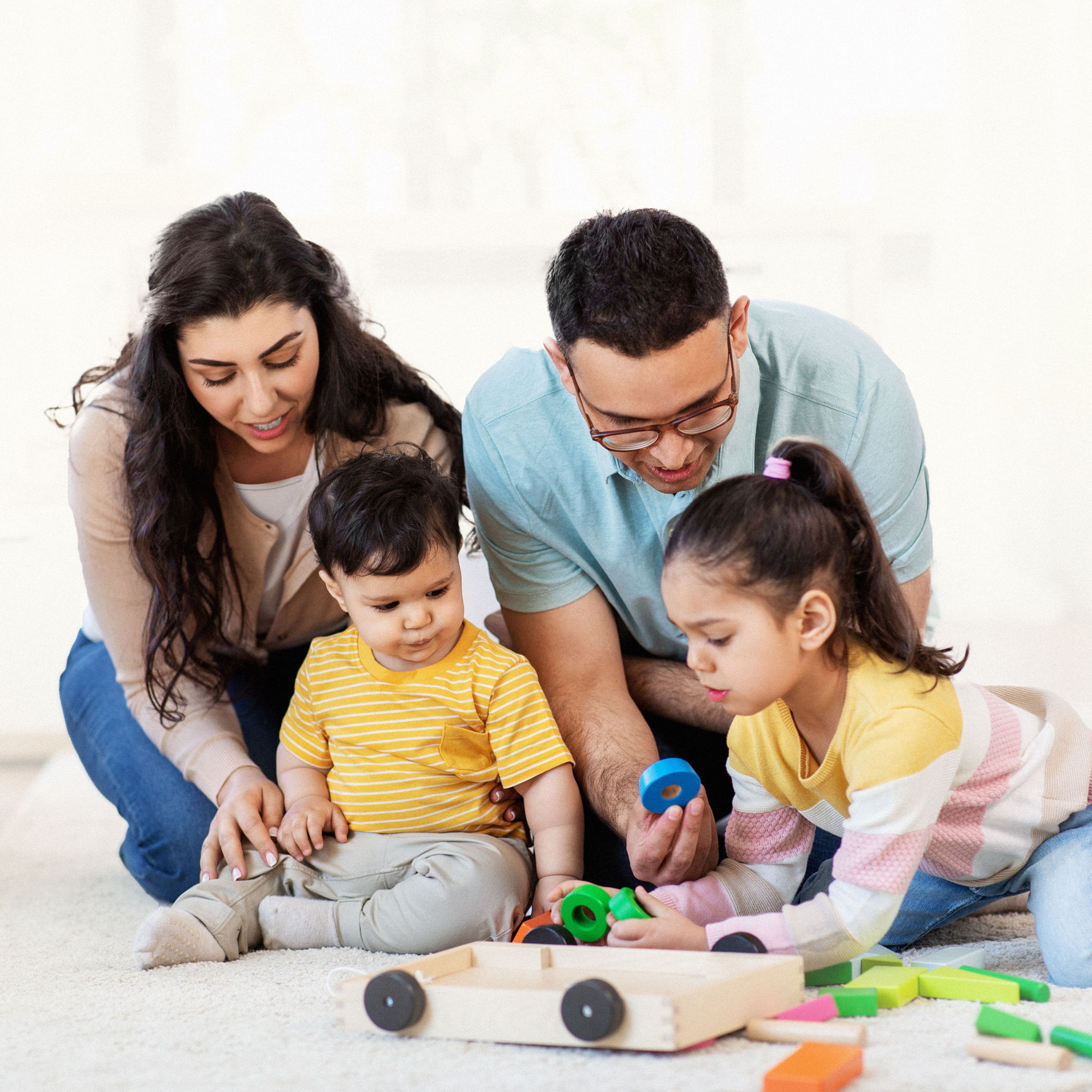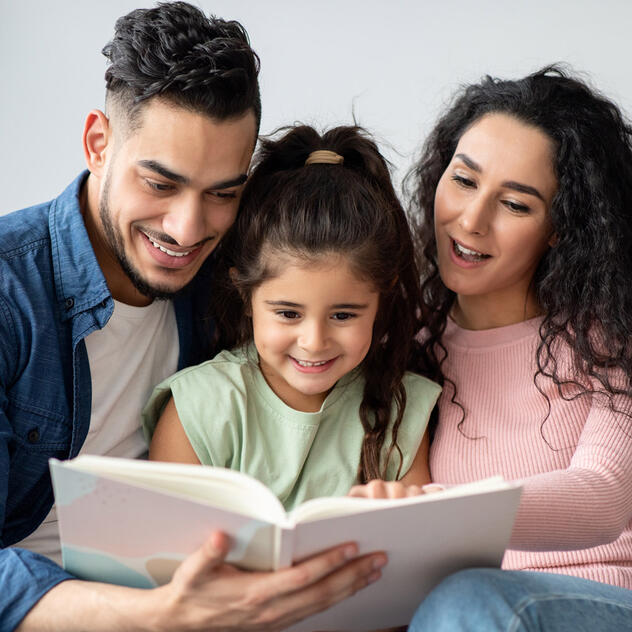Executive Summary
The Parental Behaviors in the Early Years - Phase 1 is a comprehensive, nationally representative study conducted through a partnership between World Education, Inc, Jordan’s Ministry of Education (MoE), and the Queen Rania Foundation for Education and Development (QRF), with funding from the Foreign, Commonwealth and Development Office (formerly the Department for International Development) and QRF. The aims of this research project were to establish a baseline for parental behavior and to gather insights that will inform the design of effective parenting programs to support the development of parental behaviors that build their 0–5-year-old children’s readiness to learn. For the purposes of this study, “readiness to learn” was defined as how prepared a child is to be successful when they first enter formal school. A child is ready to learn when he or she has the physical, cognitive, socio-emotional, and behavioral competencies needed to learn at a developmentally appropriate level (Al-Hassan & Landsford, 2009). A child’s readiness to learn is therefore developed through the interplay between their biology, their environment, and their relationships. In early childhood, the most important relationships are the relationships within the family, especially between the parents and child (Pianta, 2002). For this study, the particular behaviors of parents related to readiness to learn primarily focused on singing, talking, reading, counting, and playing.
Explore the study's data with this interactive tool. Click here

